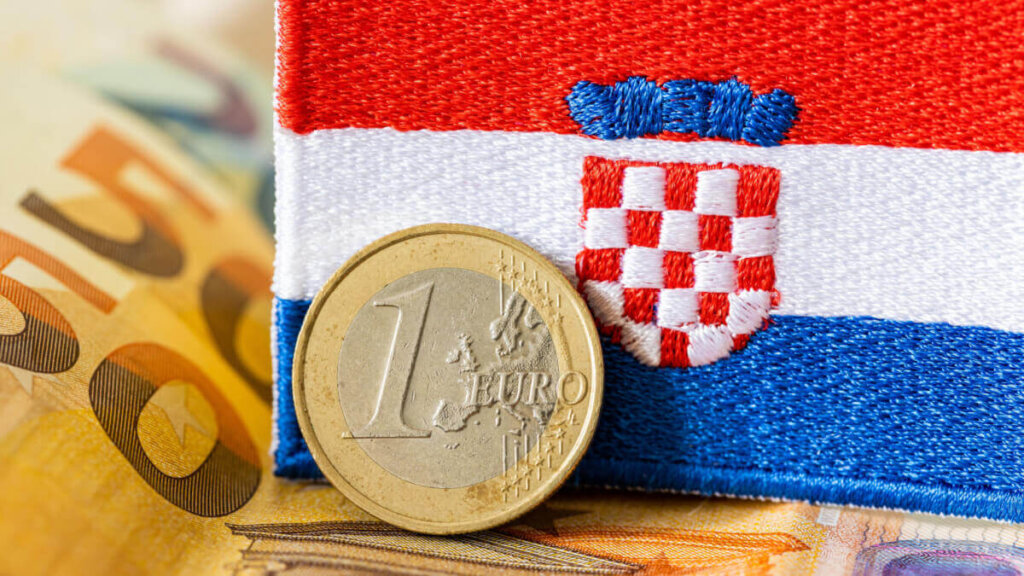Currency in Croatia: The Euro (EUR)
As a member of the European Union, Croatia has embraced the economic and monetary union, adopting the euro (EUR) as its official currency and sole legal tender starting from January 1, 2023. The euro replaces the previous kuna.
You’ll find banknotes in denominations of 5, 10, 20, 50, 100, and 200 euros, along with coins of 1 and 2 euros, as well as 1, 2, 5, 10, 20, and 50 cents. Additionally, there’s a 500 euro banknote in circulation, which, although discontinued in 2019, remains legal tender.

Croatian Euro Coins: Embracing National Heritage
In the euro area, each country has the privilege of issuing a series of coins with its distinctive national side. Croatia’s euro coins proudly feature motifs that encapsulate Croatian history, tradition, identity, and culture. The coins minted in Croatia are adorned with the Croatian checkerboard in the background, and their motifs vary across different denominations from 1 cent to 2 euros.
On the 1, 2, and 5 cent coins, you’ll find the letters “HR” (Croatia’s country abbreviation) elegantly displayed in the ancient Slavic script, Glagolitic. This script is famously used in the Bašćanska ploča, one of Croatia’s invaluable cultural treasures.
The 10, 20, and 50 cent coins feature the likeness of the renowned inventor Nikola Tesla, celebrated as one of the world’s most brilliant minds.
The 1 euro coin pays homage to Croatia’s monetary tradition dating back to the 13th century, depicting the figure of a mink.
Finally, the 2 euro coin showcases Croatia’s geographical map, while the rim is adorned with the poetic words of Ivan Gundulić: “Oh beautiful, oh dear, oh sweet freedom.”
Currency Exchange in Croatia: Convenience and Exchange Rates
In Croatia, converting your dollars, pounds, or other currencies into euros is a breeze, thanks to the widespread presence of exchange offices, especially in popular tourist destinations. It’s important to note that the euro’s exchange rate against other global currencies isn’t fixed and fluctuates daily based on market conditions.
While you can check the official exchange rate daily on the Croatian National Bank’s website, keep in mind that commercial banks and exchange offices have their own market exchange rates, which you should consider when exchanging money. To avoid unexpected fees, it’s advisable to inquire about fees with your bank and card company before your travels.
In shops, restaurants, and commercial establishments, the sole legal tender is the euro. Therefore, visitors from outside the euro area are encouraged to use debit or credit cards, contactless payment apps, or cash when other payment options aren’t available. Most establishments in Croatia clearly indicate their accepted payment methods, so be sure to check before making a purchase. Your convenience is our priority.


